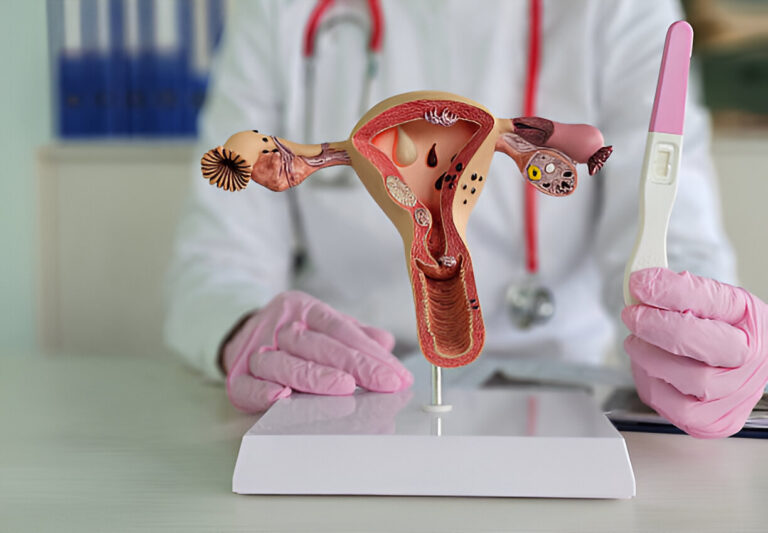Having the right laboratory equipment can make a difference when conducting scientific research. Whether the study occurs in biotechnology, healthcare, industrial, or academic laboratories, the equipment plays an essential role in ensuring the accuracy and success of the study. Lab experiments and tests demand precision and accuracy.
Every reaction, measurement, and analysis depends on the accuracy of each instrument. Therefore, researchers using outdated or inferior equipment will likely waste resources, get the wrong results, and potentially create a hazardous situation. Here are the pieces of equipment that each laboratory should have.
Microscope
This equipment is the cornerstone of scientific research, from material science to biological studies. So, lab managers should choose the best microscope when sourcing laboratory supplies and equipment. Depending on the research they want to undertake, they can buy a stereo, compound, or digital microscope.
It is important to select the right microscope type for clarity and detail. With a good microscope, researchers can easily and conveniently observe structures that are invisible to the naked eye.
Spectrophotometers
This is equipment designed to measure samples’ light intensity, allowing researchers to quantify the characteristics of different substances. A spectrophotometer is particularly important in biological and chemical labs since it can determine reaction rates, assess nucleic acids, measure protein concentrations, and more. Since accuracy is vital in spectrophotometry, this tool is critical for quantitative analysis.
Pipettes
There are instances when different forms of liquids are needed for an experiment. Such liquids must be measured accurately using a pipette to get the right results. Whether electronic or manual, pipettes make it easier for researchers to transfer accurate volumes of liquids between containers for experiments. Researchers who use pipettes for long hours can find more advanced pipette models designed to improve comfort and reduce errors.
pH Meters
Some researchers need to measure the alkalinity or acidity of solutions during experiments. pH meters are designed to offer a fast and accurate way to check these levels. So, whether a scientist or researcher is testing water samples or monitoring cell structures, a pH meter will come in handy and help maintain the right conditions for the experiment.
Centrifuges
Researchers who need to separate substances based on their density will need to use centrifuges. Centrifuges differ in speed and size, so researchers can choose the small benchtop versions if they need the equipment for routine lab work or a high-speed model for intensive applications. The right centrifuge will offer accurate separation techniques and deliver consistent results.
Lab Glassware
Every laboratory needs different types of glassware to conduct experiments. Common glassware includes test tubes, beakers, and flasks used to mix solutions, heat substances, or measure volumes. Due to their use, lab glassware must be heat-resistant and durable. The lab glassware is made of borosilicate glass, which can resist chemical reactions and withstand high temperatures.
Incubators
Researchers need an incubator to maintain the right environmental conditions if a lab uses biological samples for experiments. Incubators come in different forms and sizes, but they all offer a controlled setting for conducting microbiological tests, developing cell cultures, and more. They regulate humidity, temperature, and gas levels to provide stable conditions until the experiment is complete.
When a laboratory is equipped with the right tools, researchers can undertake many experiments and push the boundaries of scientific discovery. Quality lab tools and supplies increase the success rate of each experiment and promote lab safety. So, researchers should buy these quality lab tools and equipment and use them appropriately when undertaking experiments.


